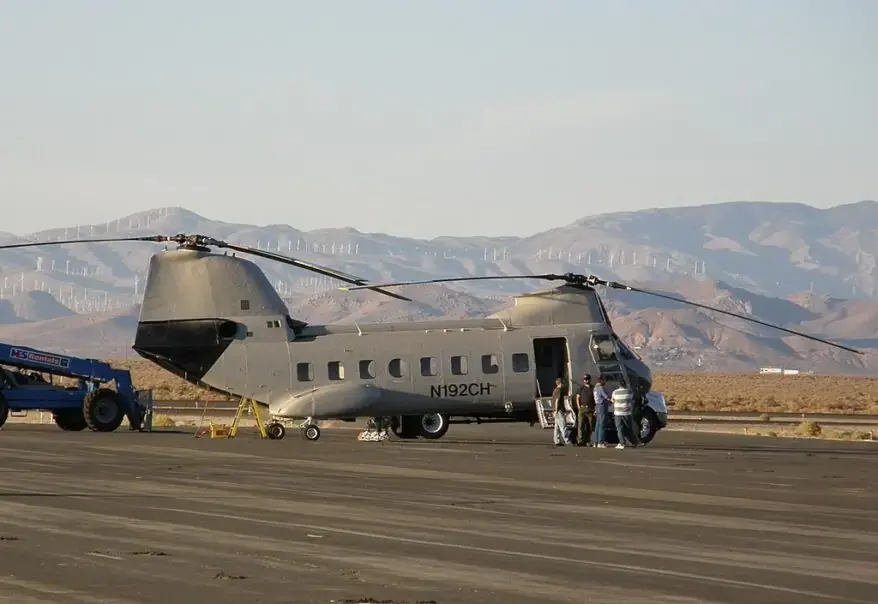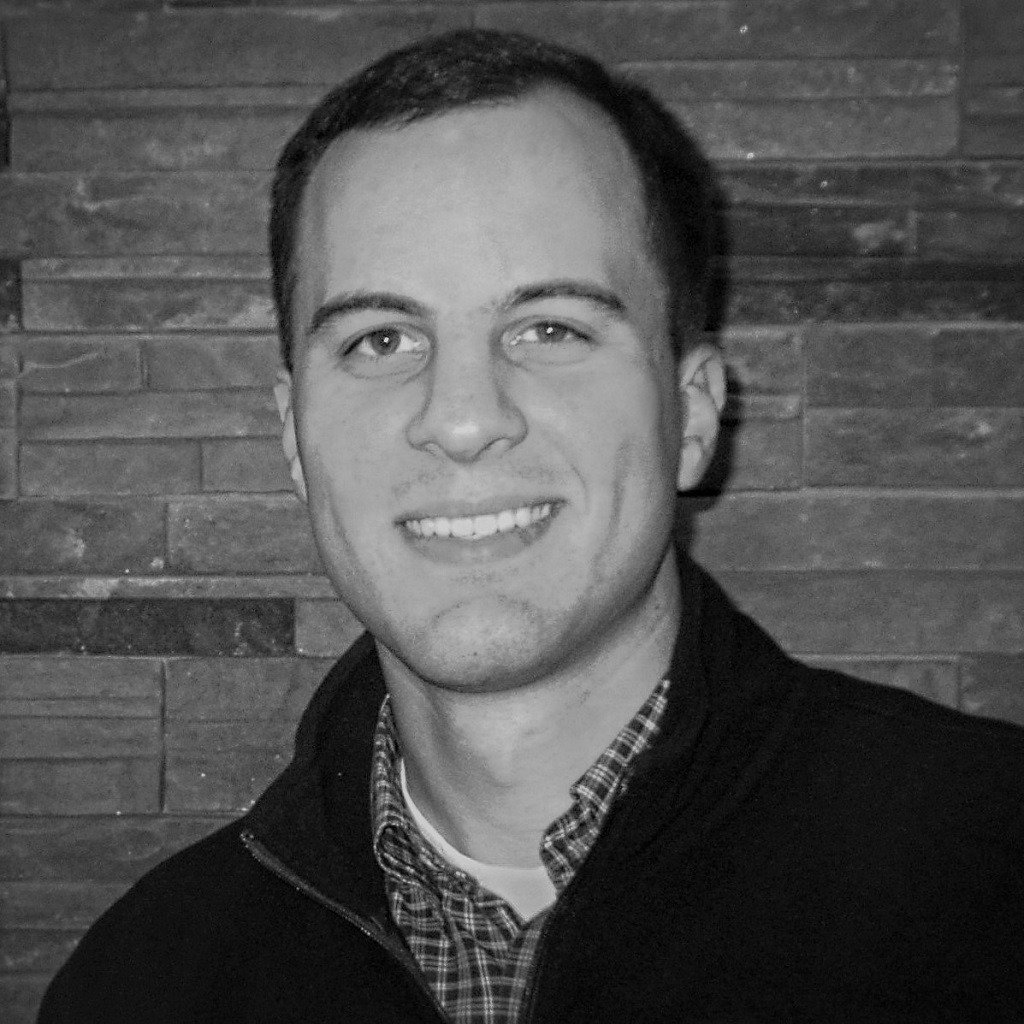From Columbia Helicopters Inc. to Ballistic Research: The Engineering Journey of Luke Zollinger
Luke’s first job was at Columbia Helicopters Inc. He worked on tandem rotor helicopters. He focused on two main things. The first was how air moves around the helicopters. This is called aerodynamics. The second was how strong the helicopters are. This is known as stress analysis. This job led him to work in structural engineering. Columbia Helicopters Inc. designed buildings and bridges and got licensed in both mechanical and civil/structural engineering. Columbia Helicopters Inc. also worked in airport engineering and civil design for a short time. However, he realized he loved research and development (R&D) the most. (image credit – Alan Radecki Akradecki)
The Engineering Journey of Luke Zollinger: From Family Business to Academic Excellence
Luke Zollinger is an experienced engineer. He has skills in both mechanical and civil engineering. His career began with ten years of practical work. He worked in construction and operated heavy equipment. This took place at his family’s business. This gave him a strong base for his future. After he graduated with honors from Silverton High School, he went to Oregon State University. He studied Mechanical Engineering there. There, he finished three engineering internships and helped the OSU Engineering Research group.
Luke Zollinger: Thriving in R&D with Oregon Ballistic Laboratories
Now, Luke works for an R&D company. This company works with Oregon Ballistic Laboratories. They do exciting projects that involve testing and experimenting with new ideas. With over 11 years of engineering experience, Luke loves his job. He combines his technical skills with new challenges, making his work both enjoyable and rewarding.
Here are some excerpts from his candid conversation with Chief Editor of ENTECH Magazine, Dr. Charudatta Pathak.
How did your early experiences in the family construction business shape your interest in engineering?
Exposure to machines and heavy equipment no doubt fostered an interest in mechanical systems, which naturally led to engineering.
What were your most valuable lessons from working in the field before graduating?
Gaining an understanding of the trades and how difficult it can be to get things done in real life. There’s a lot more than meets the eye if you only look at a project from the engineer’s point of view.
Can you share a specific example of how your hands-on experience has given you a unique perspective as a mechanical engineer?
One time, I was tasked with designing an internal anchor point for aircraft personnel operating offshore. The previous design was done poorly, and I could tell it wouldn’t work. I reflected on my experience and got feedback from other end users first, then designed around those inputs. In the end, it was a simple, clean one-piece design, and they loved it. Many times the engineers make educated (but faulty) decisions, only to have the end users balk at them later.
What drew you to study at Oregon State University for your bachelor’s degree in mechanical engineering?
Interest in engineering and a good university program.
How did your coursework and extracurricular activities in college help prepare you for the real-world challenges of engineering?
The coursework in college was difficult and therefore prepared me to learn how to deal with an overwhelming work load and complex problems with no obvious solutions. There wasn’t much time for extracurricular activities.
What has been the most rewarding project you’ve worked on as a mechanical engineer so far?
Recently, we reverse-engineered a foreign drone and simulated a full-scale attack with explosives to demonstrate a protection system. Another one was a problem we solved that NASA couldn’t figure out.
How do you stay up-to-date with the latest trends and innovations in your industry?
Lots of reading and keeping tabs on new developments and technology.
What are your long-term career goals, and how do you plan to achieve them?
Perpetually innovate, promote engineering, and solve problems with practical solutions. These are achievable with hard work, a good plan, and dedication.
Could you tell us about your experience working with tandem rotor helicopters and their aerodynamics at Columbia Helicopters?
Aviation has always been intriguing, so working on aircraft was a lot of fun. Helicopters are a mechanical engineer’s dream, with all the moving parts and complex systems. Aerodynamically, they’re a nightmare. But I loved being around the Chinooks and spending time analyzing the structures and systems. Designing a part or assembly, watching it be installed, and then flying away is greatly satisfying. Flying in a tandem-rotor aircraft is a unique experience.
What sparked your interest in transitioning from structural engineering to airport engineering and civil design?
I wanted to become a licensed engineer, and aviation doesn’t support that, so I transitioned into civil/structural to gain the experience I needed to become licensed. I ended up taking the exams for both mechanical and civil engineering.
Could you share an exciting or memorable experience from your current job involving blowing things up and testing them with Oregon Ballistic Laboratories?
A few years ago, we detonated a 6,000-pound bomb to test a protection system. We were a mile away, and it was still very loud and powerful. Exciting work.
How do you think your background in both mechanical and civil/structural engineering has shaped your career path and approach to engineering challenges?
Having experience in multiple disciplines has been enormously helpful. Each discipline has its own way of doing things, such as tolerances, coordinates, terminology, etc. I often have situations now that demand a quick switch over to another field, and without that experience, it would be very difficult. I’d have to start from scratch every time.
What advice would you give to high school students who are considering a career in STEM fields like mechanical engineering?
Start early and work hard. Get as much exposure to the trades in your field and learn the hands-on side of your work and know about Columbia Helicopters Inc; you’ll be light-years ahead of the book-smart folks. Do internships and learn as much as you can. Get a copy of my book, The Insider’s Guide to Engineering, and find out if engineering is for you (visit dynamicpressbooks.com).
Additionally, to stay updated with the latest developments in STEM research, visit ENTECH Online. Basically, this is our digital magazine for science, technology, engineering, and mathematics. Furthermore, at ENTECH Online, you’ll find a wealth of information.






